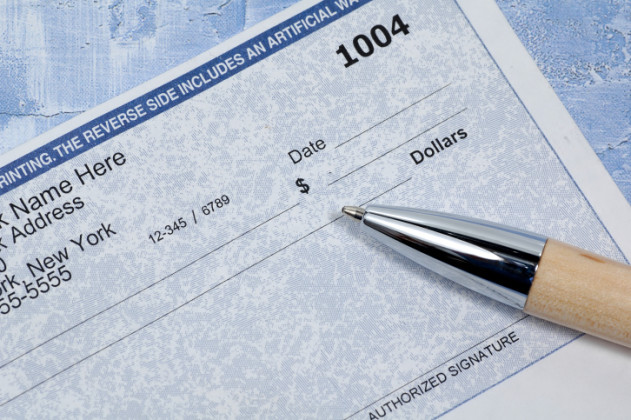This originally appeared on Fem2.0. Republished here with permission.
In virtually every occupation, women earn less than men of comparable experience, education, and seniority. From the moment a woman throws her graduation cap into the air to the moment she retires, she earns less than a similar man.
This difference is commonly quantified as a woman earns 77 cents for each dollar a man earns. The 23 cents nick is bad. But when it goes on year after year throughout a 40-year career, the loss is catastrophic.
The lifetime wage gap for a woman with a high school diploma is $392,000 on average. The gap increases to $452,000 for women with some college. Women with a bachelor’s degree typically lose a staggering $713,000.
Although this analysis measures the gap by looking at broad education levels, the trend is the same when specific occupations are considered. The more education that is required for a particular job, the greater the gap.
A female health care support worker may earn $171,000 less over a 40-year career than her male counterpart. Typically, a female protective service worker may lose $414,000 while a woman in the legal profession may lose $1,500,000 over her working lifetime.
The disparities are unfair to the point of being immoral.
Congress tried to address the gender wage gap in 1963 when it passed the Equal Pay Act. This legislation prohibited any distinction between pay for men and women if they “perform equal work on jobs requiring equal skill, effort, and responsibility…under similar working conditions” unless the distinction was based on “(1) a seniority system; (2) a merit system; (3) a system which measures earnings by quantity or quality of production; or (4) a differential based on any other factor other than sex.”
The first three exceptions make sense, but the fourth has been stretched to accommodate an army of advantaged men.
In the 49 years following the passage of the Equal Pay Act, corporations have repeatedly used the loophole of “a differential based on any other factor other than sex” to justify lower wages for women, and the courts have helped them. As long as the employer can trump up a “business reason”—whether or not legitimate—for the distinction, a court will likely give the employer a pass.
One high level federal court went so far as forbidding lower courts to interfere: “No matter how medieval a firm’s practices, no matter how high handed its decisional process, no matter how mistaken a firm’s managers.”
The Paycheck Fairness Act would narrow this loophole. An employer will be able to defend its pay differential as being for an “other factor other than sex” only if factor (i) is used in good faith and not derived from a sex-based differential, (ii) is job-related to the position in question and (iii) consistent with business necessity.
The Paycheck Fairness Act would provide other significant protections to female workers. Most importantly, it would prohibit employer retaliation against workers who inquire about pay structure or who discuss their wages. It is estimated that as many as 38 percent of private sector employers flatly prohibit discussing wages and that another 23 percent strongly discourage it.
Then-Senator Hillary Rodham Clinton first introduced the Paycheck Fairness Act in 2005. Since then, it has been bogged down in Congress. The House of Representatives passed the measure in January 2012. Now, the Senate must approve it. Contact your senator and demand support of the Paycheck Fairness Act (S. 182 / H.R. 12).
The Paycheck Fairness Act is one of many issues affecting women’s lives. Register to vote and be certain that your identification matches the name you’re registered in. Be part of the political discussion and the political process. Vote!
Kate McGuinness is a lawyer who spent 17 years at Biglaw before becoming the general counsel of a Fortune 500 corporation. After leaving that position, she studied creative writing and is the author of a legal suspense novel Terminal Ambition, which is available on Amazon.com. She is an advocate for women and tweets as @womnsrightswrter.
Related Links:

